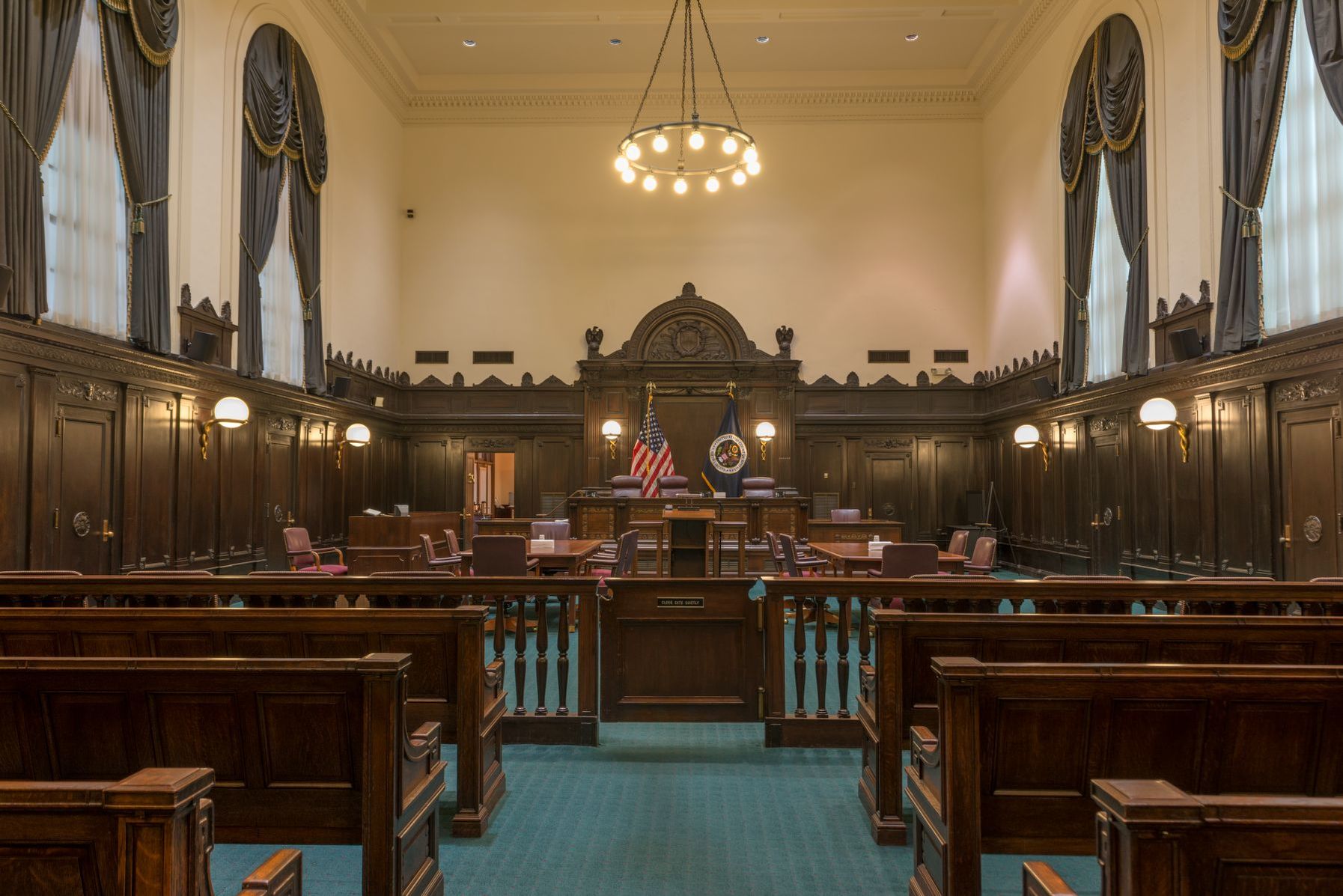The United States is known for being a democratic nation of law, and maintaining this ideal involves transparent communication between the governing authorities and the public. The main goal of my community partner, Court Watch NOLA, is to monitor the New Orleans criminal justice system, record the aggregate trends in the criminal justice system and relevant courts, and transparently communicate its findings to the public each year. Each year, the organization recruits volunteers from all New Orleans communities and empowers them through legal education and collective action to hold the governing agencies, particularly the courts, accountable. The following are some of the aspects Court Watch NOLA’s focus.
One of the aspects monitored by Court Watch NOLA’s volunteer court observers is the general behavior of court actors; those mainly include judges, prosecutors, and defense attorneys. As the court system is funded by tax dollars and staffed with key positions elected by the community, it should be accessible and respectful to the members of the public. Court watchers are tasked with observing and rating how the court actors treat the defendants, witnesses, victims, and others. While most judges and attorneys treat everyone professionally and respectfully, some do behave unprofessionally sometimes (including consistently being late, frequently berating others in the courtroom, etc.). Court Watch gathers the data submitted by its volunteers and releases a report including the general impressions of each judge every year to communicate and inform the public regarding the behaviors of each of the judges.
court observers is the general behavior of court actors; those mainly include judges, prosecutors, and defense attorneys. As the court system is funded by tax dollars and staffed with key positions elected by the community, it should be accessible and respectful to the members of the public. Court watchers are tasked with observing and rating how the court actors treat the defendants, witnesses, victims, and others. While most judges and attorneys treat everyone professionally and respectfully, some do behave unprofessionally sometimes (including consistently being late, frequently berating others in the courtroom, etc.). Court Watch gathers the data submitted by its volunteers and releases a report including the general impressions of each judge every year to communicate and inform the public regarding the behaviors of each of the judges.

A courthouse in New Orleans
Another aspect monitored by court observers is the utilization of the cash bail system. One of the most discussed issues within the current criminal justice system is the cash bail system. Once intended to ensure the defendant returns to court and not just simply escape, the cash bail system has been heavily criticized as an unfair burden imposed on the poor. On top of that, since the bail amount is determined and set by the judge unilaterally, some have argued that the cash bail system can and has been used to disproportionately criminalize racial minorities and/or financially disadvantaged groups. Courtwatch has tasked its volunteers to record the bail amount set and the occurrence around the bail (such as the defendant’s race, whether a defendant is ordered to hire a private attorney when they have been able to post bail, etc.). In its annual report, Court Watch also summarizes and analyzes the observed and reported cash bail statistics to communicate the implication to the public.

Courtroom
One other aspect monitored by court observers is the progress of cases, specifically the continuances (which is a delay of the proceeding until a later date). Continuances are a common occurrence as both the prosecution and defense often need more time to sort out their cases, and it is often criticized as the reason the criminal justice system in America is slow and drawn out. The slow movement in criminal cases often disproportionately affects poor defendants who are jailed for not being able to pay their cash bail, as they are worse off from the deprivation of employment opportunities. Observers are tasked to record every continuance, as well as which party requested it; we are also tasked to record the reason the party provided for the continuance.
For more information, visit Courtwatch NOLA.
This piece was edited by Evan Price as part of Professor Kelley Crawford’s Digital Civic Engagement course at Tulane University.
 NOLAbeings Multimedia artist Claire Bangser created NOLAbeings as a portrait-based story project that marries...
NOLAbeings Multimedia artist Claire Bangser created NOLAbeings as a portrait-based story project that marries...  Voodoo in New Orleans: Reviving history: New Orleans fortune telling This article takes a deep dive into the history of Voodoo in New Orleans, its hybridization with Catholicism, and its present-day place in the city's culture. The author visits fortune-tellers in the French Quarter, using their guidance as a tool for introspection rather than a deterministic predictor of the future. Through her experiences in New Orleans, the author feels a mystical connection to both the past and the future.
Voodoo in New Orleans: Reviving history: New Orleans fortune telling This article takes a deep dive into the history of Voodoo in New Orleans, its hybridization with Catholicism, and its present-day place in the city's culture. The author visits fortune-tellers in the French Quarter, using their guidance as a tool for introspection rather than a deterministic predictor of the future. Through her experiences in New Orleans, the author feels a mystical connection to both the past and the future. 